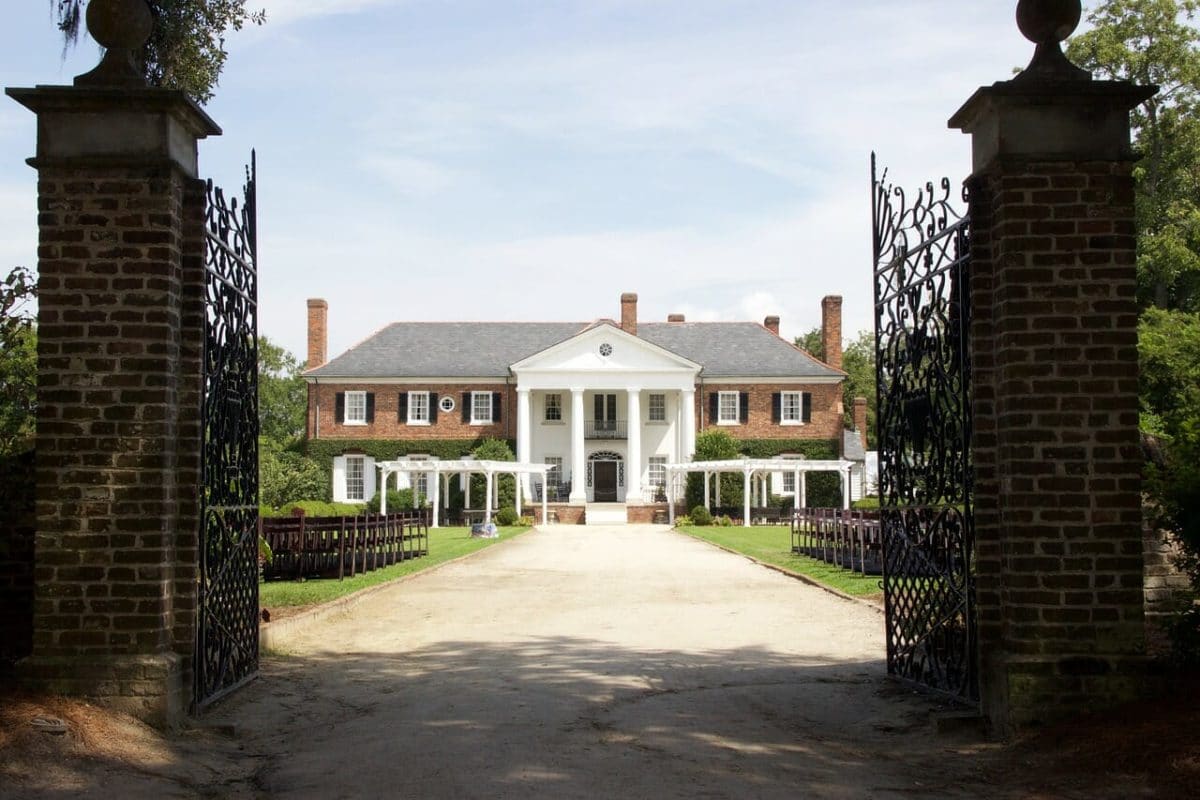Day 1 You'll See:
- Emanuel AME Church

Boone Hall
- Denmark Vesey House
Day 2 You'll See:
- Hampton Park
- Philip Simmons House
- South Carolina Aquarium
- McLeod Plantation
- Ghosts and Graveyards Tour
Day 3 You'll See:
This 3-Day Charleston Black History Tour will show you all the ups and downs of this city's tumultuous past, teaching your students so much more than they could learn from a history book along the way!
1
Emanuel AME Church - 200 years of struggle, love, and hope have made this church the strong symbol of faith it is today, despite the tragedies in the past.
Denmark Vesey House - While speculation will show you this isn't officially Vesey's house, you will learn all about him and his heroic efforts here nonetheless!
2
Hampton Park - A good spot to start your day with a picnic breakfast or lunch, some exercise, and a chance to see the Denmark Vesey Monument.
Philip Simmons House - One of Charleston's most renowned artists, Simmons created many of the wrought-iron fences you see across the city, the man becoming a blacksmith apprentice at the young age of 13.
South Carolina Aquarium - Explore the Amazon, Camp Carolina, Salt Marsh, Piedmont, Coastal Plains, the Shark Shallows, and Mountain Forest and all the flora and fauna that inhabit them.
McLeod Plantation - 37 acres of gorgeous Gullah heritage lang will show your group the culture and historical significance of this home and its residents, both pre and post-slavery.
Ghosts and Graveyards Tour - Get a thrill at the oldest graveyard in the city as you take in the tragic tales of the past!
3
Medical University of South Carolina - While this stop is, of course, above all a university campus, it is also a good spot for your students to come and learn more about Charleston's black history, this being the spot of the infamous Strike of 1969.
Boone Hall Plantation - Boone Hall is considered to be one of the nation's oldest working plantations, first operating in 1681. Gorgeous live oaks, historically preserved slave cabins, and over 330 years of history await your group here!
Drayton Hall Plantation - "Discover the secrets and stories this home has to tell after 2 wars, multiple earthquakes and hurricanes, and 7 generations of family living. Before you go be sure to check out the Memorial Arch, marking one of the oldest documented African American cemeteries in the nation!"
